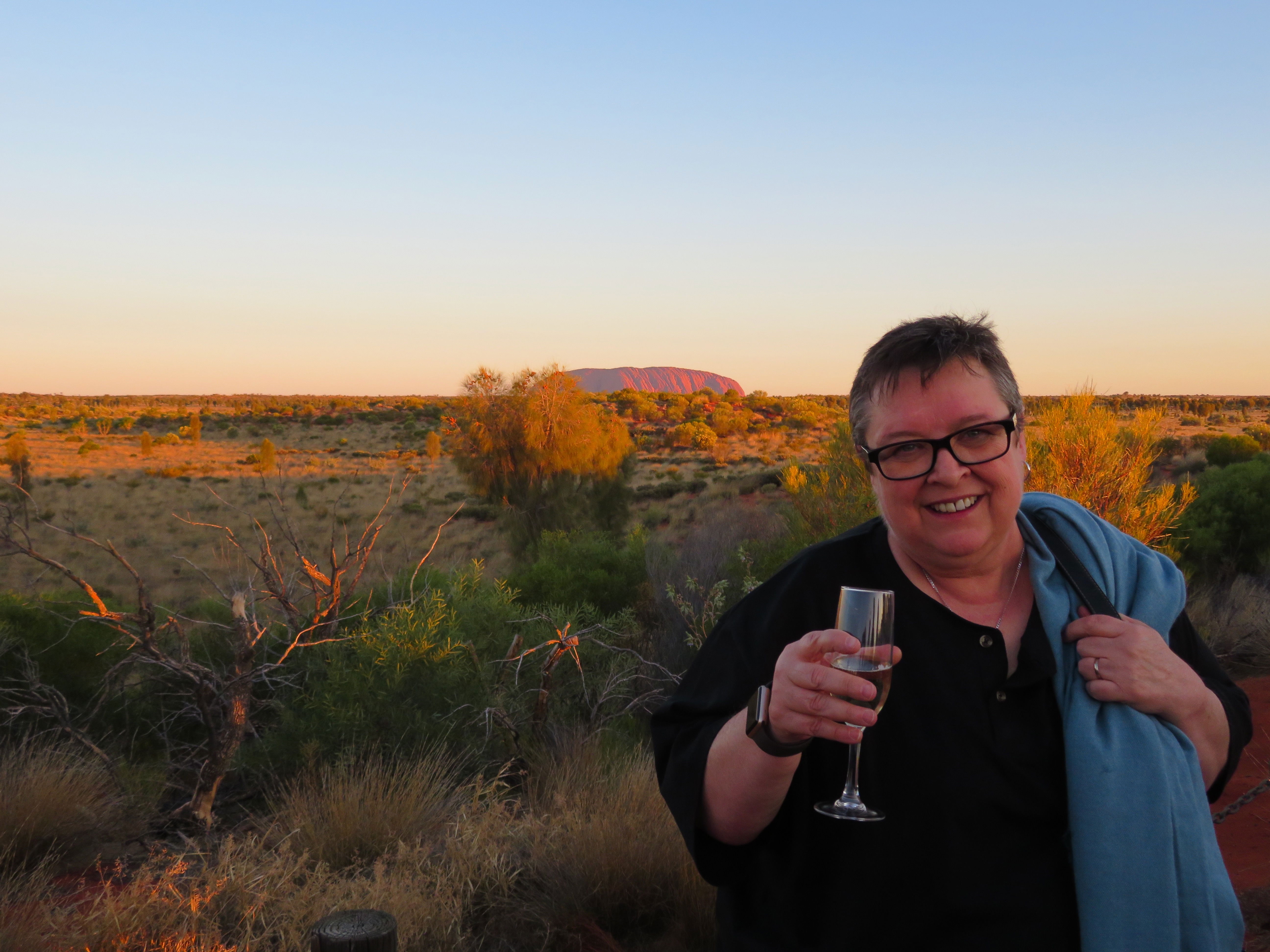The Dangers of Spiritual Bypassing: How to Avoid the Trap

The Dangers of Spiritual Bypassing: How to Avoid the Trap
Spiritual bypassing is a term coined by John Wellwood in 1984, referring to the tendency to use spiritual practices and beliefs as a means to sidestep unresolved emotional issues. This behaviour can create a hidden barrier to authentic spiritual growth and hinder personal development. Many individuals unknowingly fall into this trap, believing that positive thinking and spiritual affirmations will lead to transformation while avoiding the discomfort of negative emotions.
The dangers of spiritual bypassing include:
Lack of emotional awareness
Suppression of feelings leading to mental and physical health issues
A distorted understanding of true spirituality
Recognising these pitfalls is crucial for anyone seeking genuine spiritual development. By embracing all aspects of the human experience—both light and shadow—you can foster deeper self-understanding and healing.
This article aims to provide insights on how to avoid the spiritual bypassing trap. You will learn practical strategies for cultivating emotional awareness and developing a more grounded approach to your spiritual journey. Engaging with your emotions rather than avoiding them paves the way for authentic transformation, allowing you to fully embrace your path.
Understanding Spiritual Bypassing
The term spiritual bypassing was coined by John Wellwood, a prominent Buddhist teacher and psychotherapist, in 1984. This concept highlights a concerning tendency among individuals on spiritual paths: the inclination to sidestep unresolved emotional issues and psychological wounds through the lens of spirituality.
Key aspects of spiritual bypassing include:
Emotional avoidance: Individuals may engage in spiritual practices as a way to escape from difficult emotions rather than confronting them directly. This can lead to a superficial understanding of spirituality, where genuine growth is stunted.
Impact on personal growth: By ignoring or suppressing negative feelings such as anger, sadness, or fear, one risks creating barriers to authentic transformation. This avoidance does not resolve underlying issues; instead, it exacerbates them, often resulting in emotional stagnation.
Recognising these patterns is essential for anyone seeking true spiritual development. Embracing all aspects of human experience—including the uncomfortable—can pave the way for deeper self-awareness and healing. Understanding spiritual bypassing allows you to confront emotional challenges rather than deflect them, fostering a more integrated approach to your spiritual journey.
Myths and Misconceptions in Spirituality
Spirituality often carries common myths that can hinder genuine growth. One prevalent belief is that enlightenment equates to constant happiness. This notion suggests that once a person reaches spiritual awakening, they should experience unending joy and positivity. Such an expectation creates unrealistic pressures, leading individuals to feel inadequate when they inevitably encounter negative emotions.
Another misconception is the idea that negative emotions are mere obstacles to overcome in spiritual practice. Many spiritual teachings promote the view that feelings like anger, sadness, or fear are detrimental to one's journey. This perspective encourages avoidance rather than acceptance.
The truth lies in recognising that negative emotions serve essential purposes. They provide insight into unresolved issues, signal boundaries that need attention, and highlight areas ripe for growth. Ignoring these emotions can lead you down a path of spiritual bypassing, where authentic healing becomes elusive.
By challenging these myths, you create space for a more integrated approach to spirituality—one that embraces the full spectrum of human experience rather than dismisses it.
The Consequences of Emotional Suppression
Avoiding negative emotions can lead to significant detrimental effects on both mental and physical health. Many individuals may not realise that suppressing feelings like anger, sadness, or fear does not eliminate them; instead, these emotions often resurface, manifesting in various ways.
1. Increased Stress Hormone Levels
Research indicates that emotional suppression is linked to elevated stress hormone levels. This chronic state of heightened stress can compromise psychological well-being and contribute to various health issues.
2. Compromised Immune Function
Studies show that those who consistently push away their feelings may experience weakened immune responses. This can leave individuals more susceptible to illness.
3. Cardiovascular Problems
Prolonged avoidance of negative emotions has been associated with an increased risk of cardiovascular issues.
Recognising the role of emotional health in spiritual development is vital. Embracing all emotions allows individuals to process their experiences fully and fosters a path toward authentic growth. Ignoring these feelings only creates barriers, obstructing genuine progress along the spiritual journey. As you navigate your own practices, consider how emotional awareness can enhance your overall well-being and spiritual development.
Embracing the Full Spectrum of Human Experience
Authentic spiritual growth requires acknowledging both the positive and negative aspects of our emotions. This dual recognition is essential for deepening self-awareness and fostering genuine emotional integration.
1. Positive and Negative Emotions
Each emotion serves a purpose. Positive emotions like joy and love can inspire, while negative emotions such as anger and sadness provide crucial insights into our experiences and boundaries. Recognising their value creates a more comprehensive understanding of ourselves.
2. Catalysts for Change
Uncomfortable feelings often act as powerful catalysts for transformation. Embracing feelings of discomfort rather than avoiding them can lead to significant personal growth. For instance, experiencing anger may reveal unresolved issues that require attention, whereas sadness can signal a need for healing.
By allowing all feelings to coexist, you invite a fuller range of human experience into your spiritual journey. Engaging with these emotions fosters resilience and enhances your capacity for empathy, both towards yourself and others. This holistic approach nurtures deeper self-understanding and authentic connections with the world around you.
Rethinking Quick Transformation in Spiritual Practices
The expectation of rapid results from spiritual practices can lead to disillusionment. Many seekers fall into the trap of believing that enlightenment is a quick fix, driven by charismatic leaders and enticing marketing promises. This mindset can create a cycle of frustration when immediate outcomes are not realised.
Historical Perspectives on Enlightenment
Historically, genuine enlightenment is portrayed as a gradual awakening process. Various spiritual traditions illustrate that deep insights often emerge from years of dedicated practice, self-reflection, and experiencing life’s challenges.
Eastern philosophies, for example, describe enlightenment as a culmination of persistent meditation and introspection.
Neuroplasticity research supports this view, highlighting that our brains adapt over time, reinforcing the idea that growth is gradual rather than instantaneous.
Sustainable Practices
By embracing patience in growth, you acknowledge that each step along your spiritual journey contributes to deeper understanding and transformation. Instead of chasing quick fixes or superficial experiences, focus on sustainable practices that encourage long-term development. Engaging in self-reflection and facing discomfort builds resilience and fosters authentic spiritual evolution. Recognising the value of the journey itself lays the foundation for profound insights and lasting change.
Strategies for Healthy Spiritual Guidance
Cultivating a balanced relationship with spiritual teachers is essential for avoiding The Spiritual Bypassing Trap And How To AVOID It. Here are several strategies to enhance this relationship:
Practice Discernment in Learning:
Critically evaluate the words and actions of your spiritual teachers. Avoid accepting their teachings blindly. Reflect on how their messages resonate with your values and experiences.
Embrace Imperfection:
Recognise that even revered figures in spirituality, such as the Buddha or Jesus, exhibited human flaws. This understanding can help you appreciate that perfection is not a requirement for spiritual growth.
Trust Your Inner Wisdom:
Develop self-reliance by trusting your insights over external validation. Your journey is unique, and relying solely on others can detract from your self-discovery process.
Seek Balanced Relationships:
Engage with teachers who encourage questioning and exploration. A healthy teacher-student dynamic fosters personal growth while allowing you to maintain autonomy in your spiritual path.
By implementing these strategies, you can nurture a more authentic approach to spirituality, fostering genuine growth without falling into the trap of spiritual bypassing.
Moving Beyond Spiritual Bypassing
Embracing discomfort is essential for genuine growth on your spiritual journey. When faced with challenging emotions, acknowledge them rather than pushing them away. This acceptance paves the way for authentic transformation, allowing you to confront unresolved issues and gain deeper insights into your experiences.
Consider implementing the following self-reflection practices to identify tendencies towards spiritual bypassing:
Journaling: Regularly write down your thoughts and emotions. Reflect on moments when you may have avoided difficult feelings by resorting to spiritual platitudes.
Mindfulness techniques: Engage in meditation or breathwork to cultivate awareness of your emotional state. Notice when you feel inclined to dismiss or escape uncomfortable feelings. You might find these morning mindfulness tips helpful in starting your day with intention and awareness.
Community support: Connect with like-minded individuals who share similar experiences. Engaging in open discussions can help you recognise patterns of avoidance and foster a supportive environment for growth.
By actively engaging with discomfort and employing these tools, you nurture a richer understanding of yourself and enhance your spiritual development. Growth flourishes when you confront rather than avoid, leading to a more profound connection with your authentic self.
Conclusion
Reflect on your spiritual practices and consider whether you may be falling into The Spiritual Bypassing Trap And How To AVOID It.
Are there emotions you tend to suppress?
Do you use spirituality as a shield against discomfort?
Authentic growth requires embracing the full spectrum of human experience. Your journey is unique, and sharing your experiences can foster community and healing. Engage with others in the comments below and explore how acknowledging emotional struggles can lead to genuine transformation. Remember, true spirituality isn’t about evading the dark; it’s about illuminating your path through it.
Websites:
The Big Mediumship Course Bundle:
https://courses.mediumshipcourses.com
Premium standalone courses and bundles:
https://www.developingspirit.com
Buy my books on Amazon: https://bit.ly/3D7yQDu
Audio Downloads https://www.developingspirit.com
Medical Disclaimer. The information on this site is not intended or implied to be a substitute for professional medical advice, diagnosis or treatment. All content, including text, graphics, images and information contained on or available through this web site is for general information only.
✋ Disclaimer: This video is not sponsored. Some links are affiliate links. If you buy something I may make a small commission at no additional cost to you. As an Amazon Associate, I earn from qualifying purchases.
Personal Disclaimer: I love engaging in the comments but cannot give individual specific advice.





